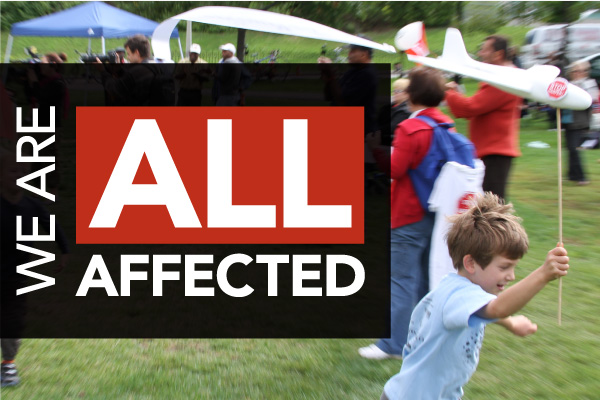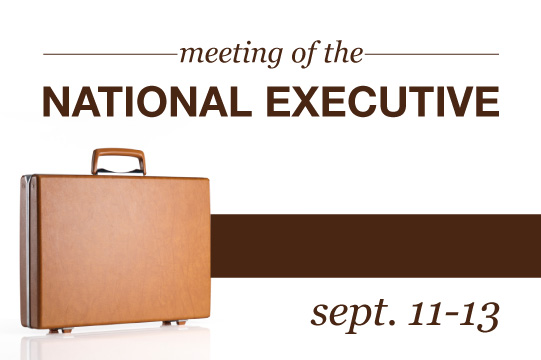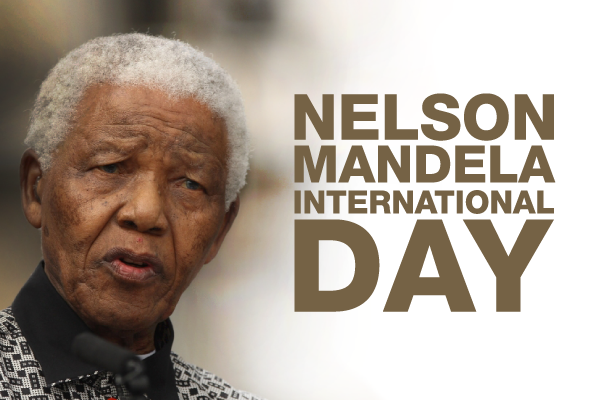
Last Saturday, union members across the country got together to have their message heard: we’re all affected by these cuts. Thousands of our members have had their jobs eliminated – with many more job cuts to come.
Doug Marshall, the national president of the Union of National Employees, attended the event in Ottawa, where he shared his thoughts on these massive cuts.
“The government says these are just back office jobs. Well first of all, the back office is very important. The people who have contact with Canadians, that’s where they get their support. We’re not only losing those support workers, but we are losing people who directly affect the lives of Canadians in a very immediate way,” said Marshall.
The UNE, Marshall said, is very concerned about the loss of a number of crucial jobs that could put members of the public at risk, including lifeguards at Tofino Beach in B.C., fire protection officers across the country, water inspectors who keep drinking water safe for First Nations people living on reserves – and those are just a few examples.
Events all across Canada
Meanwhile, in Winnipeg, PSAC members gathered at Memorial Park with PSAC President Robyn Benson. “The crowd was electrified by Robyn Benson’s speech,” said Chris Little-Gagné, the assistant vice-president of the UNE’s Manitoba region. “We had face-painting and juice for the kids – and the grownups wrote messages to Harper on a large banner.”
In an interview with Global Winnipeg, Benson touched on how these cuts are affecting morale in the public service.
“It is really disconcerting to be sitting at your desk day in and day out proudly serving Canadians and not knowing if tomorrow a [layoff] letter will show up on your desk,” said Benson.
A moment of solidarity
In Kitchener, Ontario, PSAC members rallied in Victoria Park. “In Kitchener, we have members from FedDev Ontario, Passport Canada and Parks Canada,” said Mary Anne Walker, assistant vice-president of the UNE’s Ontario region.
One affected member from Parks Canada gave an interview. Kathleen LeFaive told CTV Kitchener that she’s passionate about the work she does at Parks Canada.
“I didn’t work for money,” LeFaive told CTV. “I work in heritage because of the love history and the love of teaching.”
PSAC members in Kitchener were joined by public education teachers, who are standing up to the Ontario provincial government after the legislature passed a controversial anti-strike bill.
We have pictures of the rallies in Ottawa, Kitchener and Winnipeg. Got photos from your event? Send them to communications@une-sen.org.








